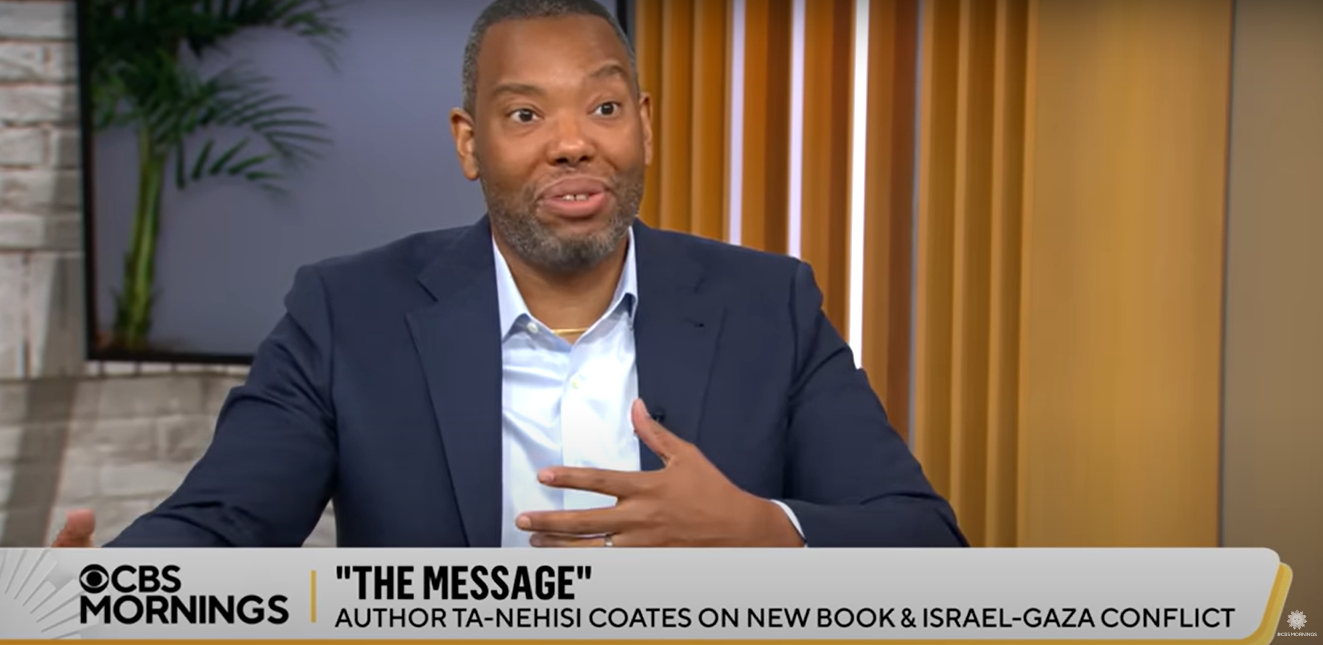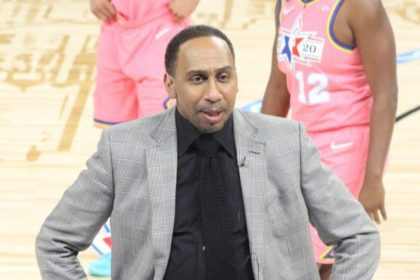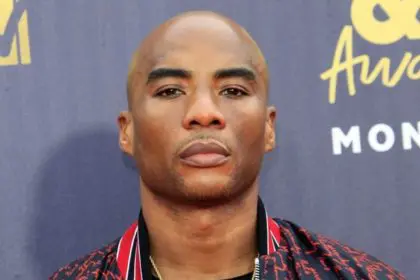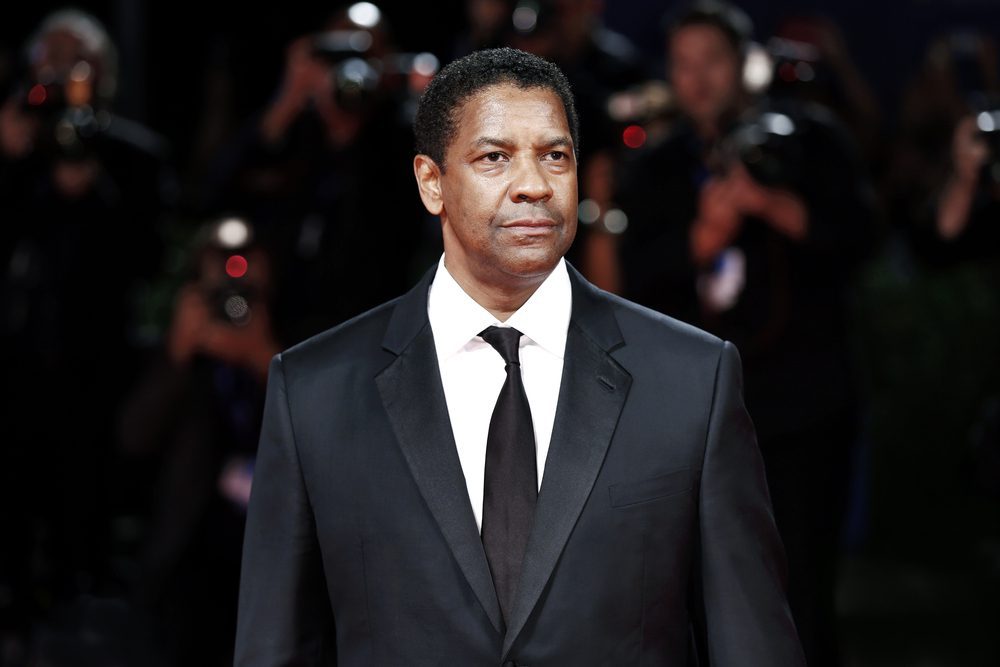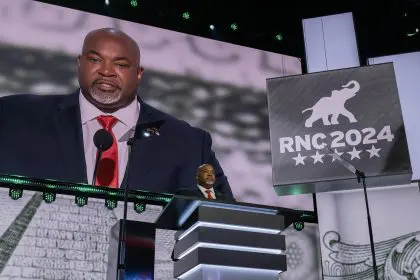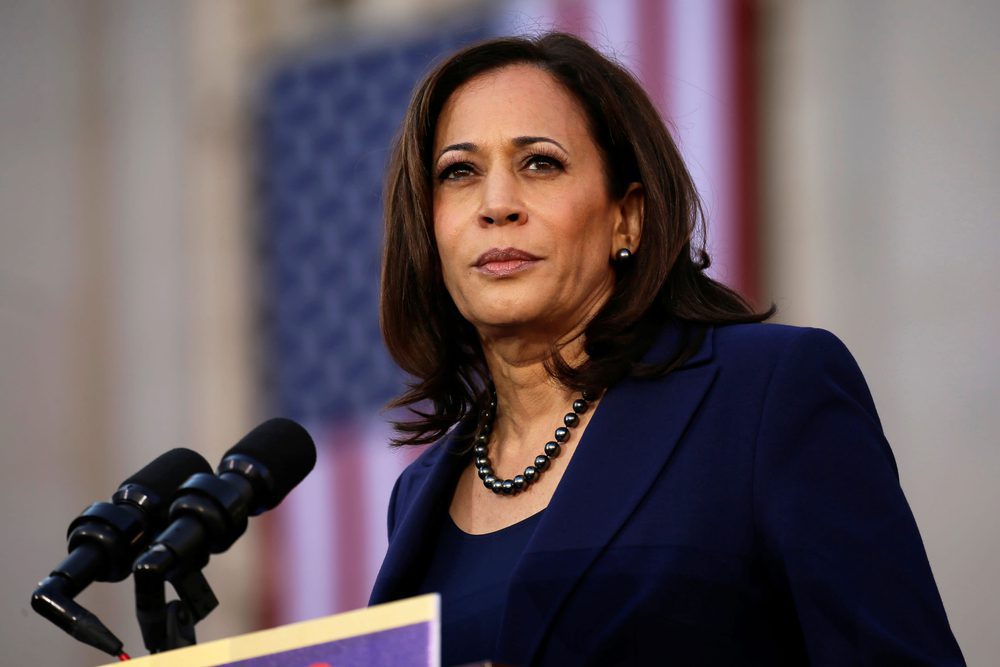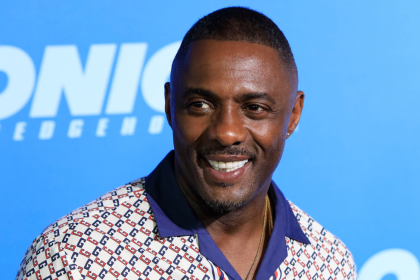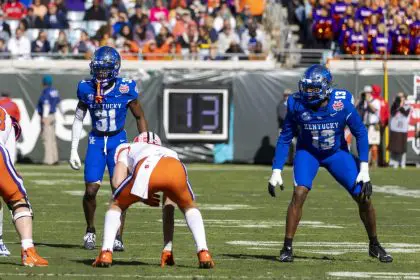Author and journalist Ta-Nehisi Coates‘ interviews regarding his latest book, The Message, reveal more about how the media is further receiving and framing those who speak out on behalf of Palestinians and against the Israeli government’s ongoing war with Hamas, which is making Palestinian civilians the collateral damage in the ongoing conflict.
In a recent appearance on “CBS Mornings,” according to Black Enterprise, Coates found himself at the center of a heated discussion regarding the Israeli-Palestinian conflict. The interview, which aired on Sept. 30, was intended to promote Coates’s latest work but quickly turned controversial when cohost Tony Dokoupil posed a provocative question that sparked backlash on social media.
During the interview, Coates defended his book, which criticizes the Israeli occupation of the West Bank and compares it to apartheid. When interviewer Tony Dokoupil suggested the book could be seen as “extremist” without Coates’s name attached, Coates rejected the claim, stressing that his work amplifies marginalized voices, particularly Palestinians. He pointed out the lack of Palestinian representation in mainstream media, while narratives sympathetic to Israel are more common. Dokoupil pressed Coates on the absence of Israeli perspectives, but Coates clarified his critique is against ethnocratic states, not the existence of Israel itself.

“I want people to read the book,” Coates said. Then, he pointed at Dokoupil.
“And I don’t make the assumption that someone would just read the book and have read nothing else about Israel and Palestine,” Coates stated.

Public reaction
The “CBS Mornings” exchange quickly became a topic of discussion on social media, with many users defending Coates and criticizing Dokoupil for his line of questioning.
“Tony Dokoupil stopped being a journalist; became a political critic,” one user remarked, suggesting that the host’s approach was unprofessional and biased. Others, however, praised the dialogue for its calmness and respect, emphasizing the importance of discussing sensitive topics without escalating into hostility.
The comments under “The Daily Show” segment contrasted the civility, if not the expressed respect, between Coates and Stewart as they spoke about the ideas in the book versus what happened to Coates on “CBS Mornings.”
“Oh man, I cried watching this. Never in a million years did I think I would ever see this being discussed like this where Palestinians are considered human,” one commenter said
“Had to come watch this interview to cleanse my palette after watching that monstrosity of an interview with Coates on CBS,” another stated.
The interviews on “CBS Mornings” and “The Daily Show” serve as a reminder of the challenges faced by journalists and authors who tackle contentious issues. Coates’s commitment to highlighting the plight of Palestinians underscores the importance of diverse narratives in media. As discussions around the Israeli-Palestinian conflict continue to evolve, the need for balanced representation remains critical.

